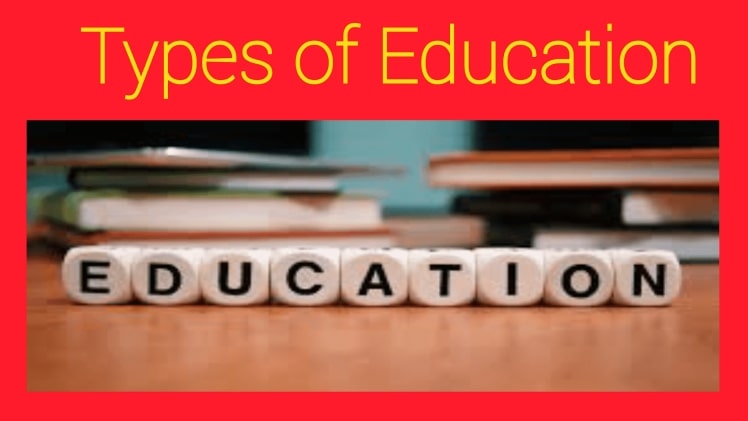What are the 3 types of education? – Education shapes our lives, from the moment we’re born, through school, and into adulthood. It’s a journey of learning, growth, and understanding, impacting how we think, feel, and interact with the world around us. But how exactly do we categorize this lifelong process? One way is to look at it through the lens of formal, informal, and non-formal education.
Formal education is structured and organized. Think classrooms, teachers, and standardized curricula. It’s typically delivered in a school setting, from kindergarten to university. This type of education is often measured by grades, certificates, and diplomas. It provides a framework for learning specific skills and knowledge, preparing individuals for various roles in society. Think about the knowledge you gained from your math class or the skills you learned in your science lab. These are examples of formal education.

Informal education, on the other hand, is less structured. It happens naturally throughout our lives, through experiences, conversations, and interactions. Learning a new language by talking to friends, developing cooking skills by following recipes online, or even picking up a new hobby are all examples of informal education. It’s often a more personalized and self-directed form of learning, focused on acquiring practical skills and knowledge.
Non-formal education sits in the middle ground between formal and informal. It’s organized learning outside of the traditional school system. Think of community workshops, volunteer programs, or online courses. These programs often focus on specific skills or knowledge areas, but they don’t usually lead to formal qualifications. For instance, taking a coding course online or joining a book club falls under this category. It’s a great way to learn new things and develop skills in a structured environment without the pressure of traditional schooling.
In summary, understanding the different types of education helps us appreciate the diverse ways we learn and grow. These three types, formal, informal, and non-formal, are not mutually exclusive. Often, they overlap and complement each other, creating a rich tapestry of learning experiences throughout our lives. Consider the skills you’ve learned throughout your life. How many of them have come from formal education, informal learning, and non-formal activities? It’s likely that you’ve benefited from a blend of all three.